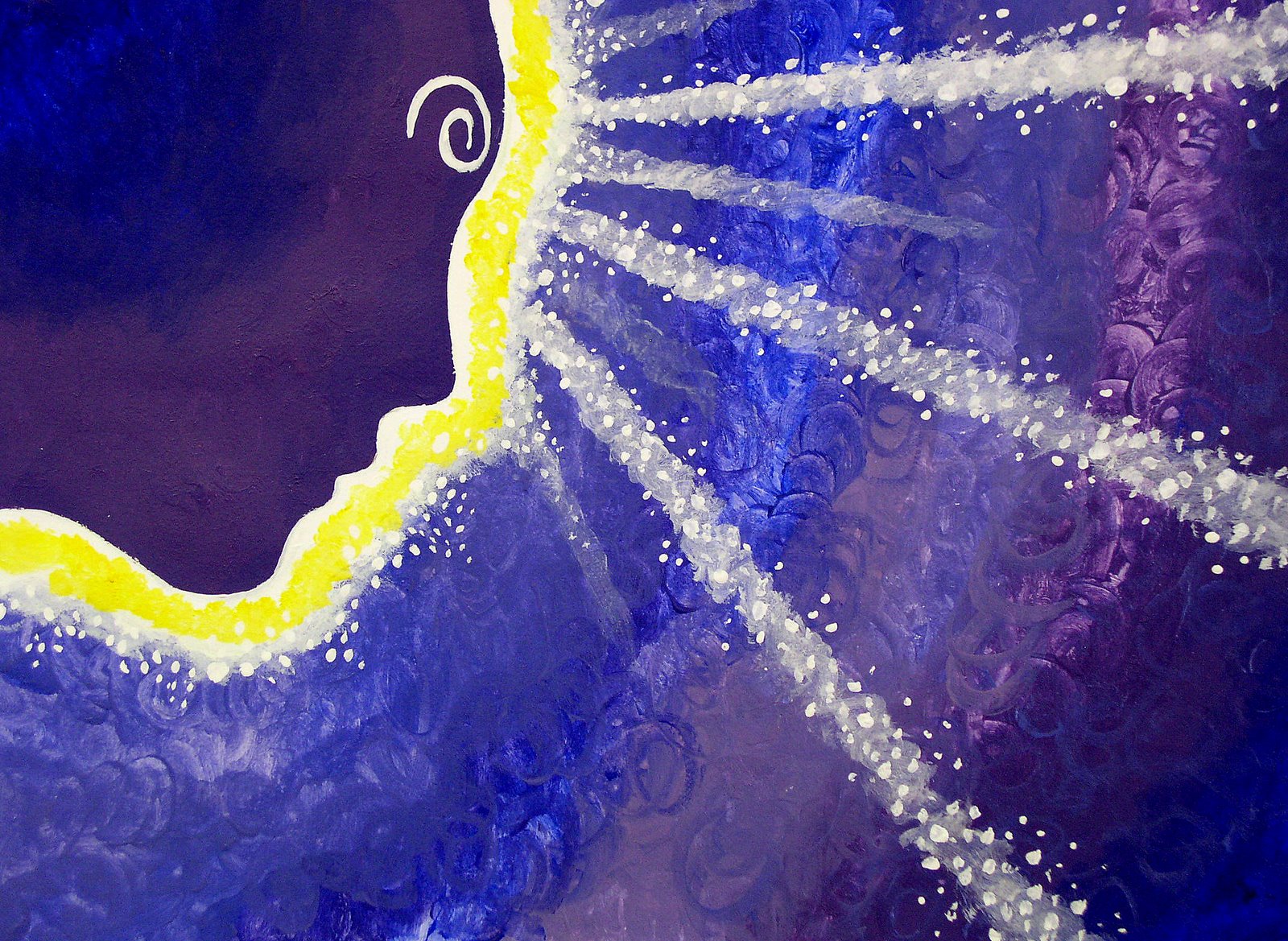Written By: Shayanika Suresh
Sitting at a coffee shop with a small group of girl friends, sipping on hot coffee and chattering away, every so often, there is a mention of ‘intuition’ or ‘gut feeling’, and this is followed by quick nods as the group agrees with the speaker. As my friends continue on, swiftly moving from one topic to another, my mind wanders away and eventually occupies itself with questioning the concept of ‘intuition’.
Intuition is defined in the Oxford Dictionary as “the ability to understand something instinctively, without the need for conscious reasoning; a thing that one knows or considers likely from instinctive feeling rather than conscious reasoning”. As women, I find that we often refer to our intuition as the ability to just know something, without actually having conscious knowledge of it. When we meet someone for the first time, without even having a ‘conversation’, we have a ‘feeling’ of whether or not they can be good acquaintances. “He seemed like a nice guy, but I could tell something wasn’t right”, my friend was saying. “Girl, you gotta trust your intuition”, responded another, and all the others joined in.
Do we really have this ‘intuition’ that we so often speak of? Is there some validity to the argument that we are able to perceive good and evil through this instinctive ability? I, myself, have referred to this ‘intuition’ on several occasions, and I have to admit my strong belief in this strange ability. Still, I couldn’t help but wonder what the basis of such ability was? Was there a scientific or rational explanation to intuition?
As I dug deeper to feed my curiosity, I stumbled upon an article describing the findings of a research study led by Professor Gerard Hodgkinson at the Leeds University Business School in the U.K. The study concluded that the feeling of intuition is in fact the process in which the brain draws on past experiences and external cues to make a decision. However, the speed at which this process occurs allows the reaction to be a non-conscious one. As a result, we are able to “feel” the decision, but we are unable to explain how we came to that decision.
The late social scientist Herbert Simon described our accumulation of information including internal and external cues, on which our brain later draws upon in creating our intuition, as the process of ‘chunking’. Over the years, our brain chunks information, creating links and patterns between each piece. Eventually, one small detail is able to trigger the entire chunk of information, which in essence, is what we recognize as our intuition.
Interestingly enough, women seem to be more likely to refer to an intuitive ability than men. If intuition is indeed a brain process as discussed above, then why is it that men do not appear to draw on this ‘gut feeling’? Sociologically, we may have an answer, but a scientific rationale may provide certainty. According to the works of W. Ickes, D.G. Myers, and R.E. Riggio, women’s historically ‘inferior’ social position allowed women to develop skills of observation and scrutiny of others, especially of those with power. As a result, they state, women became more attuned to nonverbal cues. Their works also suggest that this ability to determine nonverbal cues was a survival skill that developed through evolution. To label intuition as a female ability solely based on these works seems preposterous, so I refrain from doing so, but knowing the extent to which men rely on their ‘gut feeling’ may shed some light on this sociological divide.
Tags: Speak Out


